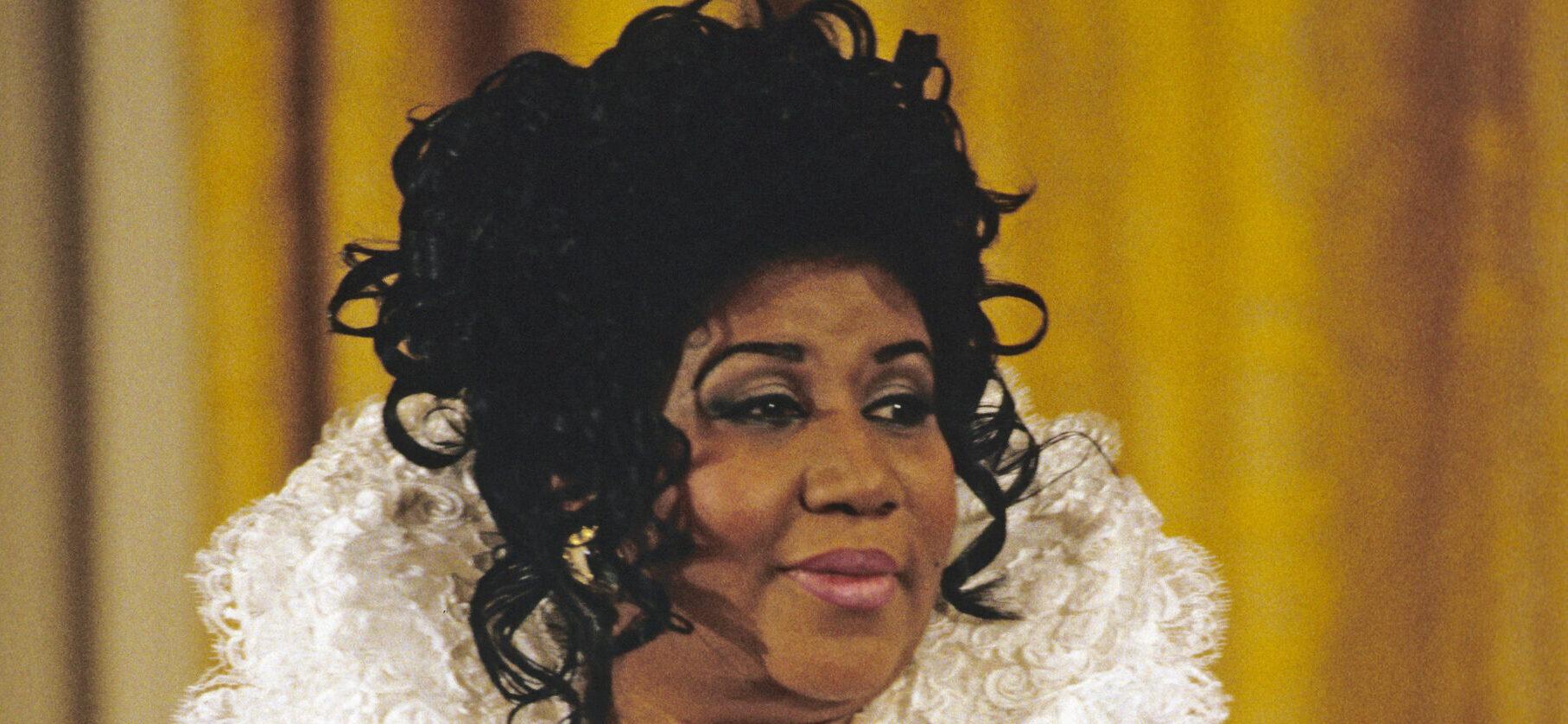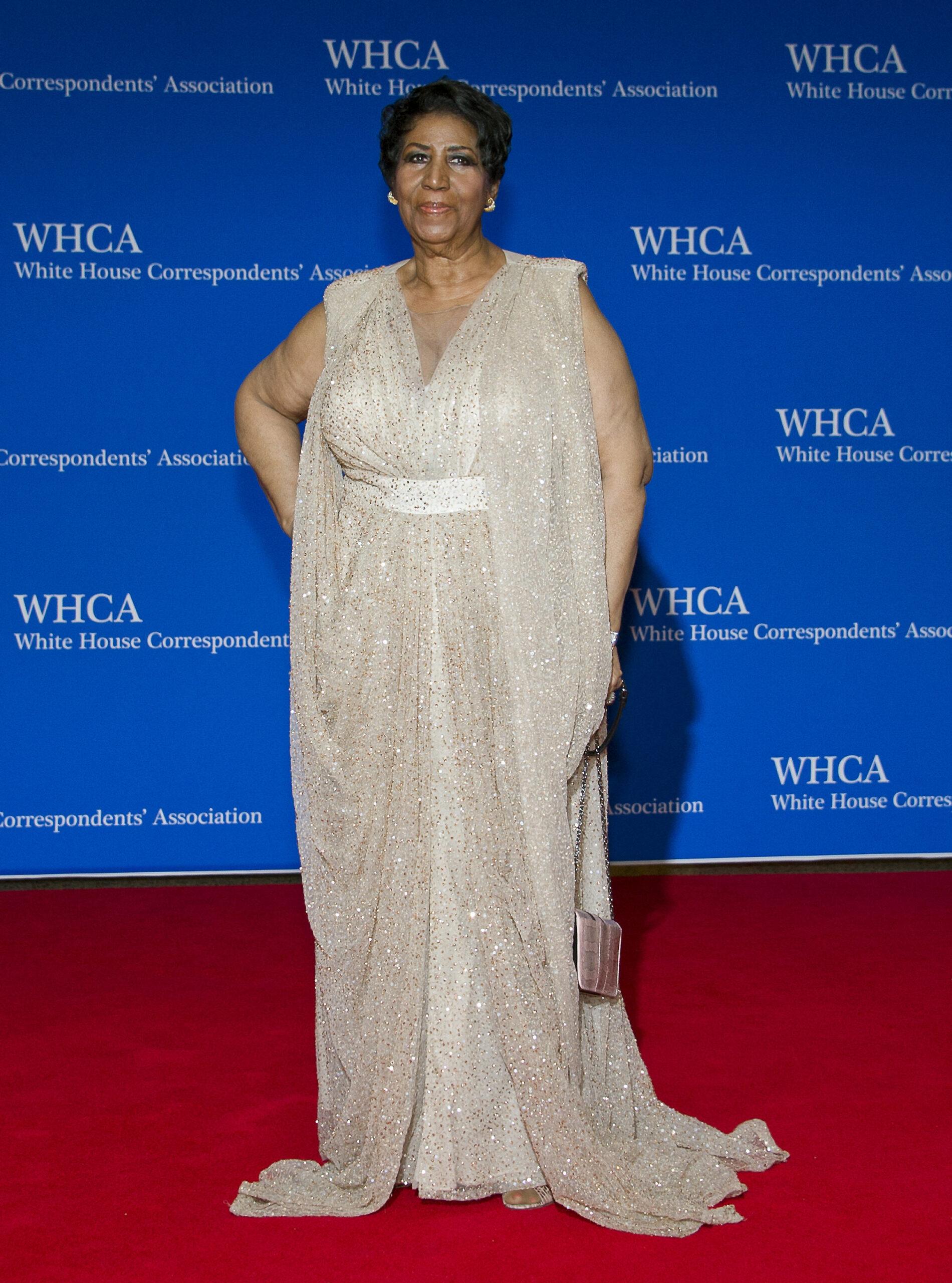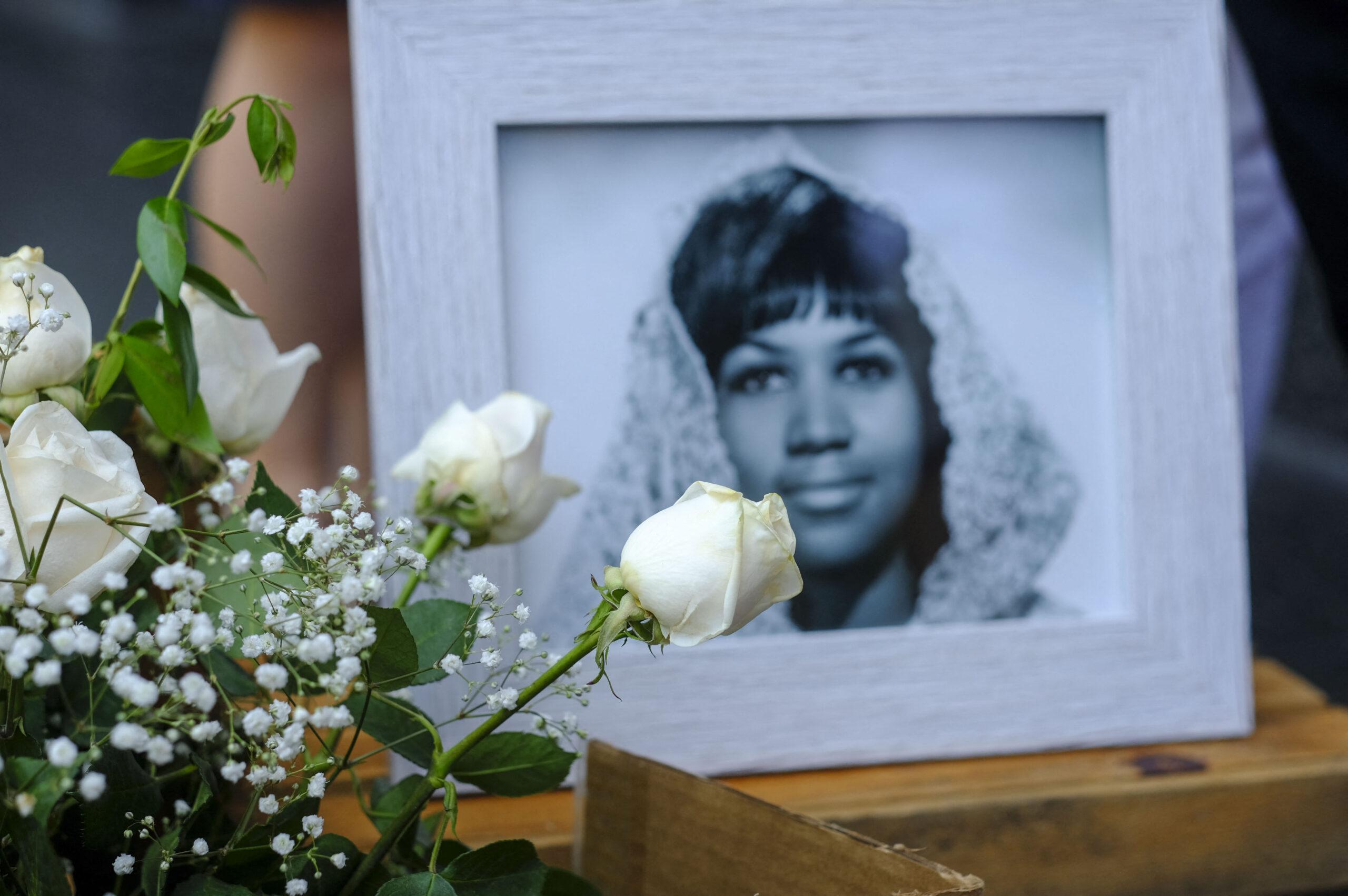Aretha Franklin's Family's Battle Over Estate Ends, Handwritten Will Found Ruled Valid
By Fiyin Olowokandi on July 16, 2023 at 11:00 AM EDT

Aretha Franklin can finally rest in peace! The late Queen of Soul left the world in 2018, but her spirit presumably lingered on earth, watching her children turn against each other for their inheritance.
During her lifetime, the legendary music giant welcomed four sons: Clarence Franklin, Edward Franklin, Ted White Jr., and Kecalf Franklin. These men found themselves in a debacle when their mother died without a formal testament of her last wishes.
The problem of splitting the deceased entertainer's estate intensified in 2019 when two handwritten documents were discovered in the gospel singer's home. These notes caused a rift between the brothers leading to a dispute about which writeup should be accepted as her will.
Jury Resolves Four-Year Conflict Over Aretha Franklin's Will In Favor Of A 2014 Document

The drama between two of the "I Say a Little Prayer" hitmaker's sons — Ted White Jr. and Kecalf Franklin — recently concluded with the help of a Michigan jury. Per The New York Times, the brothers became legal enemies over the two handwritten documents found in their late mother's Detroit home.
The entertainer's children had initially agreed to divide the reported $18 million estate using Michigan law as they believed there was no will. According to the mandate, Franklin's assets would have been equally distributed among her four sons.
To ensure fairness, the brothers unanimously selected their cousin, Sabrina Owens, as the estate's representative. However, everything changed when two hand-scrawled notes were discovered in May 2019.
The first document, dated 2010, was found in a locked cabinet, while the other, a 2014 letter, was located in a spiral notebook under a couch cushion. White argued that the initial document should be treated as his mother's official will, whereas Kecalf and Edward supported using the second note.
Both documents distributed Franklin's wealth differently, with the first detailing specified weekly and monthly allowances for each of the deceased's children. Additionally, the 2010 note stated that Kecalf and Edward "must take business classes and get a certificate or a degree" to receive their dues from the estate.
In the 2014 document, the Presidential Medal of Freedom honoree's children, excluding Clarence, were allocated equal shares of the 76-year-old's music royalties. However, Kecalf and his children would obtain more of the "Chain of Fools" songstress's personal property.

The list included the 18-time Grammy winner's exotic cars and her Bloomfield Hills residence. The Michigan property was reportedly valued at $1.1 million at the time of the singer's death, while the vehicles consisted of a Mercedes-Benz, two Cadillacs, and a Thunderbird convertible.
After a four-year battle, the two opposing brothers' final legal showdown involved a two-day trial in a probate court in Pontiac. A six-person jury took less than an hour to declare the 2014 document as Franklin's will.
Grateful to emerge triumphant in the case, Kecalf told sources outside the courtroom: "We just want to exhale right now. It's been a long five years for my family and my children." White might have lost the battle; however, his desires could be realized thanks to the presiding judge, Jennifer S. Callaghan.
Although the jury found the 2014 will valid, the legal umpire stated that White could still argue against allowing some aspects of the 2010 document to be incorporated into the estate's plans.
Aretha Franklin's Youngest Son Accused The Estate Manager Of Mismanagement
Before the NAACP Image Award winner's last testament was concluded, her youngest son dragged his cousin to court over the entertainer's $18 million estate. In September 2019, Kecalf filed documents seeking the removal of Owens as the representative and replacing her with himself.

He accused her of mismanaging the estate and failing to perform her duties. According to the 53-year-old's filing, his cousin allegedly could not give the heirs any inventory of their late mother's assets. Additionally, Owens did not tell them about business deals like the biopic about Franklin's life.
In her defense, the estate representative filed a witness list with several of the "Amazing Grace" songstress's acquaintances. The individuals included the head of Swanson Funeral Home, multiple Chase bank employees, Franklin's lawyers, and the record executive Clive Davis.
The Rock and Roll Hall of Fame inductee was dragged into the family dispute because of his decades-long relationship with the deceased. Davis executively produced several of the 76-year-old's biggest records, making him the perfect candidate to testify on the late singer's business matters and music royalties.